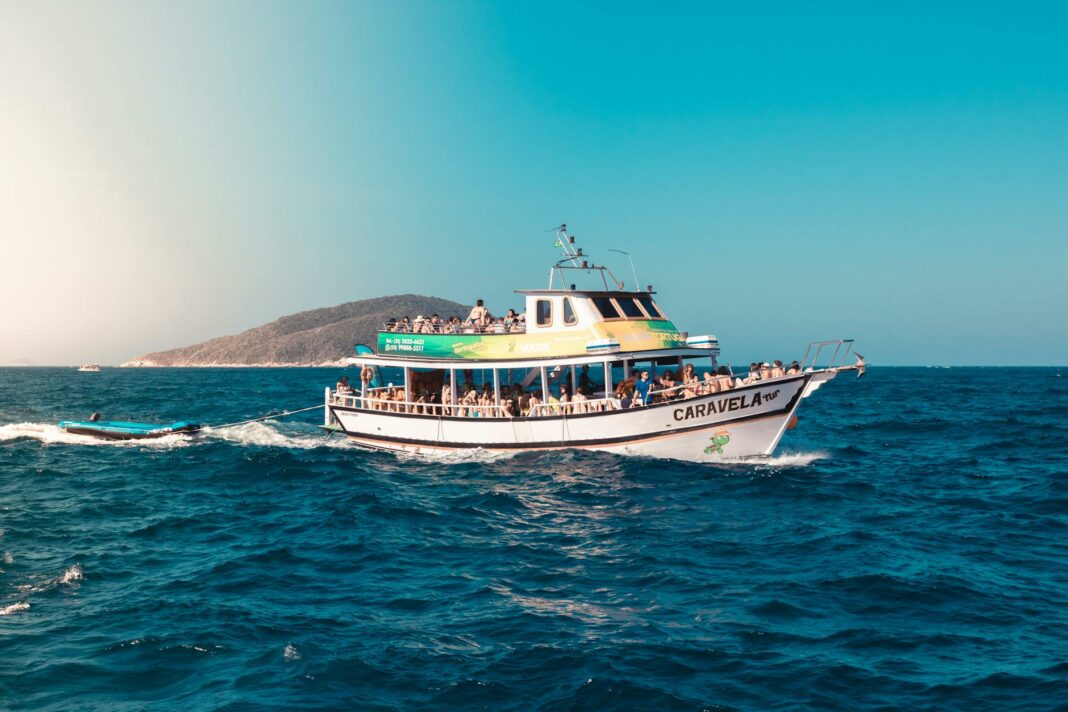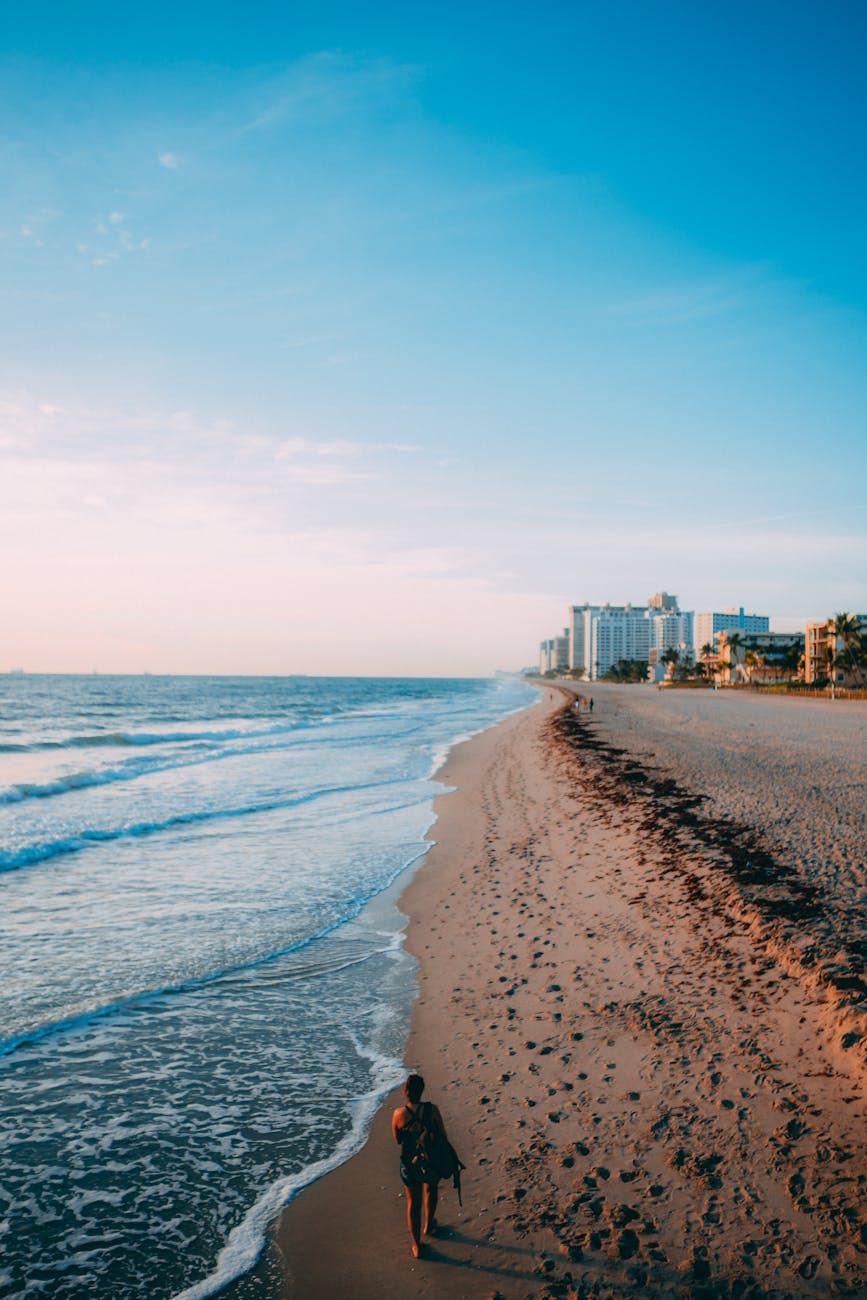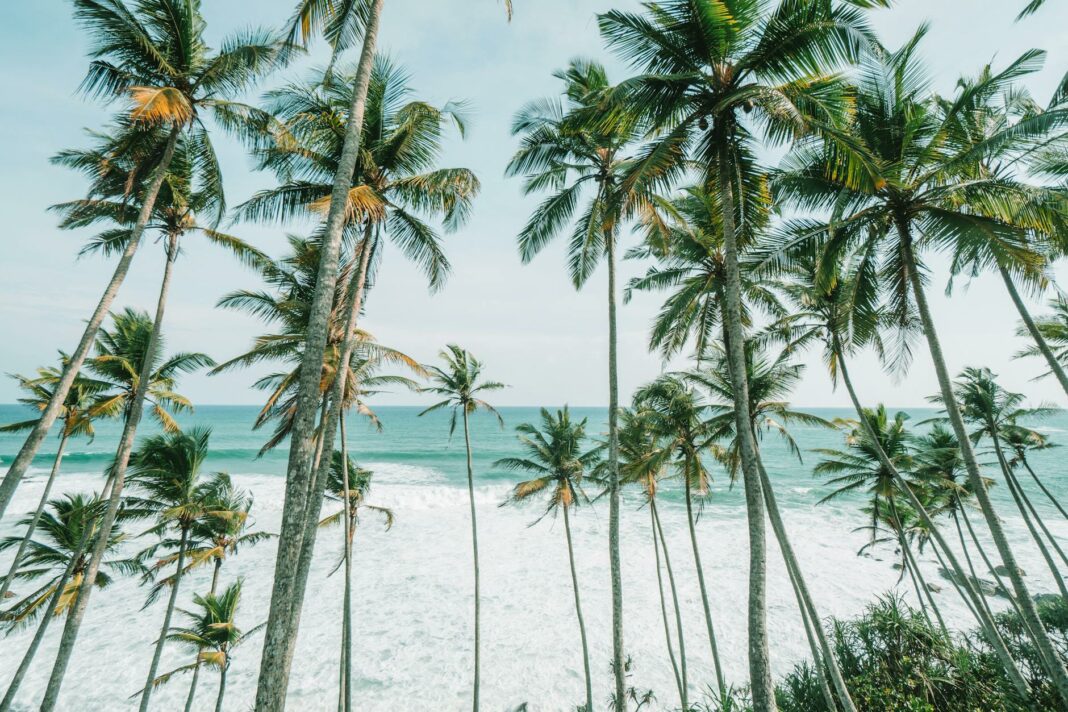Is Your Favorite Coastal Holiday Destination Hiding Trash Secrets?
Imagine strolling along the sandy shores, feeling the warmth of the sun kiss your skin, and listening to the gentle lull of the waves. Coastal holidays are often romanticized as paradise escapes, but beneath the shimmering surface lies a hidden truth that often goes unnoticed. While enjoying the beauty of coastal destinations, we might inadvertently overlook the environmental challenges that these places face. This post uncovers the potential hidden trash secrets of your beloved coastal vacation spots while also celebrating the tireless efforts that many communities engage in to maintain their natural beauty.
As we navigate through this exploration, you will learn not just about the challenges but also about the positive initiatives in place to combat ocean pollution and trash accumulation. Far from being a mere critique, this blog shines a light on how awareness can inspire action, urging all of us to be proactive in preserving the magic of our favorite shores.
Table of Contents
- The Ugly Truth About Coastal Pollution
- The Trash Epidemic: Statistics That Shock
- Impact on Wildlife: A Distressing Reality
- Community Efforts: A Beacon of Hope
- Your Role: Small Changes with Big Impact
- Final Thoughts: Embracing Responsible Travel
- Frequently Asked Questions
The Ugly Truth About Coastal Pollution
While it’s easy to be entranced by the stunning aquamarine waters and pristine beaches, the reality of coastal pollution has reached alarming levels. Many coastal destinations struggle with plastic waste, debris from nearby urban areas, and even untreated sewage influxes. Look closely, and you might spot pieces of trash peeking out from the sand or floating just beyond the picturesque waves. This unsightly truth is not just a problem of aesthetics; it poses a serious threat to marine ecosystems and local communities relying on these natural resources for their livelihoods. The allure of a coastal paradise might mask the ongoing battles against pollution, but it’s time to shift our perspective and recognize this pressing issue that calls for immediate attention.
What’s more fascinating is that the sources of this pollution can often be traced back to seemingly innocent activities. Guests unwittingly contribute to the mess by using single-use plastics, failing to dispose of waste correctly, and abandoning items on the beach. While some may argue that their personal habits have little impact, the cumulative effect of many individuals can lead to a colossal pollution problem that cannot be ignored. Thus, it becomes crucial to educate ourselves and recognize that every small action contributes to a larger narrative of environmental stewardship.
The Trash Epidemic: Statistics That Shock
The statistics surrounding coastal trash are startling. Shockingly, it is estimated that over 80% of marine debris comes from land-based sources. Beaches that once drew visitors for their natural beauty are now dotted with plastic bags, bottles, and other refuse. Popular tourist areas, especially, bear the brunt of this epidemic, with cleanup groups often reporting tons of trash collected after weekends or holidays. This accumulation of waste not only tarnishes the visual allure of our coastlines but also disrupts the delicate balance of marine habitats that countless species depend on.
In addition to the physical presence of waste, the economic ramifications cannot be overlooked. Communities that thrive on tourism face the grim reality that littered beaches deter visitors. Studies show a significant drop in foot traffic to trash-strewn locations, ultimately hurting local businesses. It’s a vicious cycle: as our beautiful coastlines succumb to pollution, so too do the livelihoods of those who call these regions home. Understanding these statistics empowers us to demand better practices and change the narrative for future generations.
Impact on Wildlife: A Distressing Reality
Turning our gaze to the ocean, the impact of coastal trash on wildlife reveals a distressing reality. Marine animals often mistake plastic debris for food, leading to severe health problems, and in many cases, death. Sea turtles, dolphins, and countless fish species find their environments plagued by hidden dangers that stem from human negligence. Without a doubt, these species’ survival is intricately linked to our actions, and ignoring this connection is no longer an option. As visitors to these coastal havens, we must confront the uncomfortable truth that our convenience often comes at the expense of these majestic creatures.
Additionally, the toxins released from decaying plastics infiltrate marine ecosystems, creating long-lasting damage that can reverberate through the food chain. The relationship between ocean health and human wellbeing is evident, yet frequently overlooked. As we enjoy our vacations, it’s vital to remember that the natural world and its inhabitants deserve our respect and protection. Taking conscious steps to minimize our impact can safeguard these ecosystems and promote biodiversity for years to come.
Community Efforts: A Beacon of Hope
Fortunately, many communities are rising to the challenge, transforming grim situations into inspiring tales of resilience and cooperation. Local organizations and passionate volunteers come together to organize beach clean-ups, advocate for beach-friendly practices, and educate tourists on sustainable behaviors. Programs focused on reducing plastic waste, such as banning single-use plastics or implementing recycling initiatives, are gaining momentum and highlighting the importance of collective action. With each dedicated effort, these communities showcase the power of unity in combating pollution.
Even businesses in the tourism sector are shaking things up by adopting eco-friendly practices, from offering reusable utensils to incentivizing visitors to participate in cleanup events. As more travelers support destinations that prioritize sustainability, it sends a powerful message that eco-consciousness is the future of tourism. This incredible wave of change signifies that a collaborative approach focused on education and action can rekindle our relationship with the ocean and its wonders.
Your Role: Small Changes with Big Impact
While the challenges of coastal pollution are significant, every person can make a difference by adopting simple yet impactful habits. When heading to your favorite beach, consider making a commitment to leave no trace behind. Bring reusable bags, containers, and utensils, and steer clear of single-use plastics that clog our oceans. Always remember to dispose of waste properly and participate in local cleanups whenever possible. By embracing sustainable practices, travelers can champion a movement that prioritizes the environment.
Moreover, engaging with your community and supporting local businesses that prioritize sustainability can amplify these efforts. By choosing eco-friendly accommodations and restaurants, you send a strong message that responsible tourism matters. Encourage friends and family to join this cause, leading by example and fostering a culture of environmental awareness wherever you go. The little changes we make as individuals can ripple outwards, inspiring widespread transformation.
Final Thoughts: Embracing Responsible Travel
As we relish in the beauty of our coastal getaways, it’s equally important to embrace our role as stewards of the environment. By shining a light on the hidden trash secrets of these idyllic destinations, we open the door to meaningful conversations about responsibility and sustainability. Acknowledging the harsh realities of coastal pollution allows us to cherish the incredible landscapes we love even more deeply. Our collective efforts can help create a future where our favorite holiday spots remain vibrant, clean, and full of life for generations to come.
Ultimately, transforming our vacation habits starts with our awareness and commitment to change. By staying informed and proactive, we can ensure that our beautiful beaches keep shining without the burden of trash hiding вельіеath their beauty. This positive journey toward responsible travel means embracing every aspect of our connections to nature while honoring it with kindness and thoughtfulness.
Frequently Asked Questions
What is the main cause of coastal pollution?
The primary causes include plastic waste from land-based sources, litter from tourists, and inadequate waste management. Urban runoff and illegal dumping also contribute to the issue.
How can I help reduce pollution at coastal destinations?
You can make a difference by opting for reusable items, participating in local cleanups, and spreading awareness among your community and fellow travelers.
What role do local communities play in combating coastal trash?
Local communities are vital in organizing clean-up efforts, advocating for environmentally friendly practices, and educating visitors on sustainable behavior, thus fostering a culture of stewardship.
Are there eco-friendly accommodations available at popular coastal destinations?
Yes, many hotels and resorts are adopting sustainable practices. Look for certifications like Green Key or Eco-Label to find eco-friendly options.
Image Credit: Pexels





